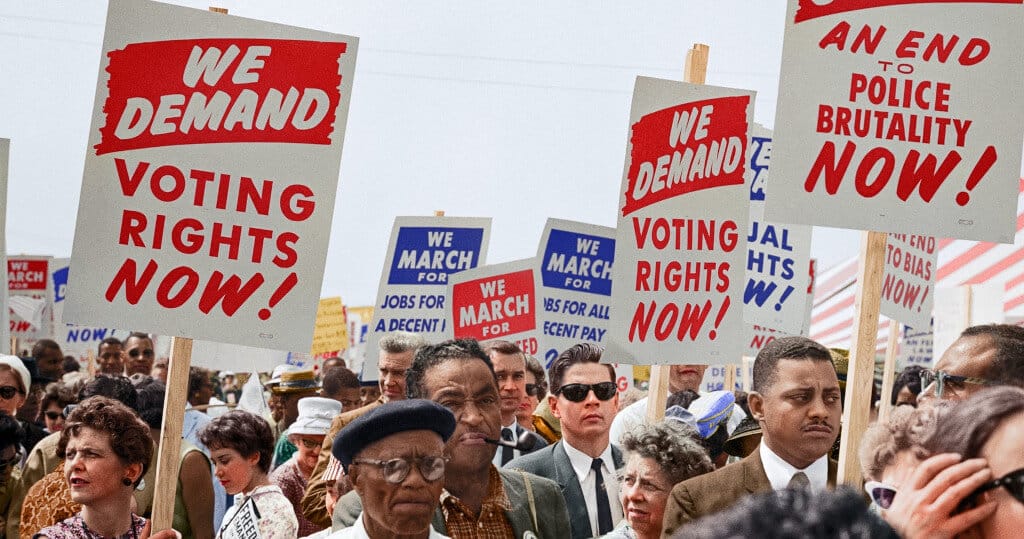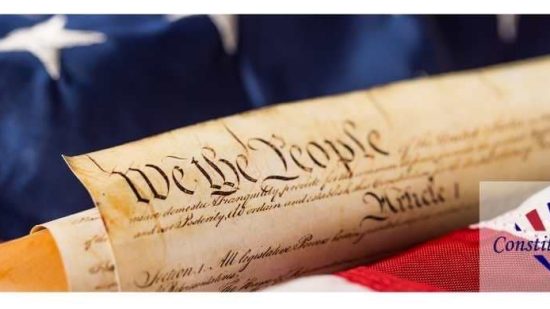What Is the Fifteenth Amendment?
The Fifteenth Amendment to the United States Constitution was ratified on February 3, 1870, during the Reconstruction Era. The clause grants the right to vote to African American men.


Discrimination against African Americans
The discrimination against African American people was especially harsh before Amendment XV was added.
Known as a Reconstruction Amendment, it enfranchised African American men, but all women from all races still could not vote.

However, black people didn’t see the constitutional amendment’s benefit for nearly a century and were forced to campaign vociferously for their civil rights in the interim.
Southern states were more prevalent in disenfranchising African American people.
This was done through things like a poll tax, literacy tests, and other discriminatory practices.
The Reconstruction Act
The Reconstruction Act was passed during the period after which the American Civil War had taken place. It was a time when African American men were fully encouraged to vote.

In subsequent years, they were even elected to serve in public office. This was only possible in the Confederate States of America.
However, this didn’t last long, and other states’ efforts to continue having African American men in office were unfruitful. This was due to the rise of violence, literacy tests, and poll taxes that made it impossible for them to continue serving.

Get Smarter on US News, History, and the Constitution
Join the thousands of fellow patriots who rely on our 5-minute newsletter to stay informed on the key events and trends that shaped our nation's past and continue to shape its present.
It led almost all African Americans in office and all others to be disenfranchised. The Voting Rights Act removed registration and voting prerequisites in 1965.
This meant that changes could be made in certain jurisdictions, especially Southern states.
The 1965 Voting Rights Act (VRA)
President Lyndon B Johnson signed the Voting Rights Act into law in 1965. This Act’s main aim was to terminate all the barriers set due to discrimination at the state and local levels.

The obstacles prevented African American men from participating in voting and deprived them of their civil rights. To end the discrimination, the first thing the VRA did was to terminate the literacy tests used.
The other change it brought about was the introduction of voter registration’s federal oversight. This was done in regions where the number of registered African American voters was less than 50 percent of their population.
It gave the United States attorney general the power to look into poll taxes being used in the state and local elections.

The year before, in 1964, poll taxes were banned in federal elections, and then they were prohibited in state elections in 1966 by the United States Supreme Court.
The passing of the VRA vastly reduced the power of law enforcement at the state and local levels.
It also made a considerable change in the voter turnout of the African American people since it enabled them to legally challenge all the voting restrictions that were there before.
However, in modern times, the 15th Amendment’s role isn’t as significant because broader sources govern the right to vote to all people, not just a select few.




